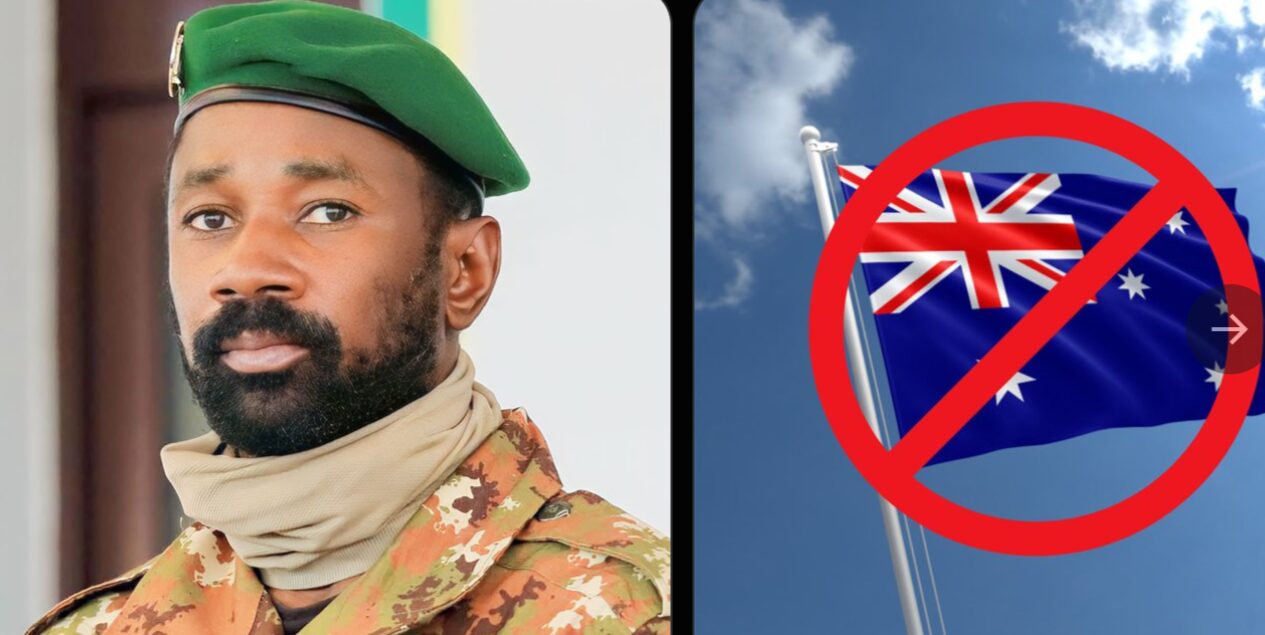Taliban has ordered all NGOs in Afghanistan to stop employing women or face closure
Taliban Orders All NGOs in Afghanistan to Stop Employing Women or Face Closure
In a drastic move that has sent shockwaves through the international community, the Taliban has ordered all non-governmental organizations (NGOs) operating in Afghanistan to stop employing women, or face the risk of closure. This new decree, issued in December 2024, comes amid growing concerns over the Taliban’s increasingly restrictive policies toward women and girls since taking control of the country in 2021. The ban is being justified by the Taliban on the grounds that some women employed by NGOs were allegedly not adhering to the regime’s strict dress code, specifically concerning the wearing of the Islamic headscarf.
This latest order is a significant escalation in the Taliban’s efforts to impose its interpretation of Islamic law on Afghan society, particularly women. It follows a series of similar restrictions that have progressively stripped away the rights and freedoms of Afghan women, including bans on girls’ education, restrictions on female mobility, and limitations on their participation in public life. The ban on women working for NGOs is not only a severe blow to gender equality in Afghanistan but also threatens the ability of many humanitarian organizations to deliver essential services to the Afghan people.
The Taliban’s Increasing Restrictions on Women
Since the Taliban’s return to power in August 2021, Afghan women have faced severe and widespread restrictions on their rights and freedoms. These measures have been justified by the Taliban under the guise of preserving Islamic values, but they have drawn widespread condemnation from human rights organizations, foreign governments, and activists.
Under the Taliban regime, girls’ education beyond the sixth grade has been prohibited, and women are required to wear the full-body covering, the burqa, in public, as well as to follow strict codes of behavior in public spaces. Women have been barred from working in most sectors, and their ability to travel freely has been severely restricted. The imposition of these policies has led to a humanitarian crisis, with many women losing access to education, healthcare, and employment opportunities, leaving them economically vulnerable and socially marginalized.
The Taliban’s latest order affecting NGOs is seen as a continuation of these policies. By threatening to shut down organizations that fail to comply with the directive to exclude women from their workforce, the Taliban is not only targeting women’s rights but also potentially undermining vital humanitarian efforts. NGOs in Afghanistan have been instrumental in providing healthcare, education, food aid, and other critical services to the Afghan population, especially in rural areas and conflict-affected regions. The ban on female employees could seriously impact the effectiveness and reach of these organizations, which rely on local female staff to access and engage with women and children, who are often unable to be reached by male aid workers due to cultural sensitivities.
The International Response
The international community has expressed deep concern over the Taliban’s latest move, with both humanitarian organizations and foreign governments condemning the decision. The United Nations (UN) and several other international bodies have emphasized that the Taliban’s actions violate Afghanistan’s commitments to human rights, particularly the rights of women and girls.
UNICEF, which has been working in Afghanistan to provide education, healthcare, and protection services to vulnerable children, stated that the ban on women working for NGOs could disrupt critical aid efforts. Female workers are often essential to delivering services in a country where cultural norms make it difficult for male aid workers to engage with women and children, particularly in rural areas. The UN and other humanitarian organizations have urged the Taliban to reverse the decision and allow women to continue their vital roles in relief work.
Western governments, including the United States, the United Kingdom, and Canada, have also strongly condemned the move, with some warning that it could lead to a re-evaluation of diplomatic and economic relations with the Taliban. These countries have already imposed sanctions on the Taliban government, and this new measure may further isolate the regime on the global stage.
In a statement, the U.S. Department of State called the Taliban’s actions “deeply disturbing” and reiterated its demand for the Taliban to uphold the rights of women and girls in Afghanistan. The European Union has similarly voiced its concern, warning that such actions are not only a violation of basic human rights but also a step backward in efforts to rebuild the country after years of conflict and instability.
The Impact on NGOs and Aid Efforts
NGOs operating in Afghanistan have long been crucial in providing life-saving assistance to millions of Afghans, many of whom live in remote, underserved areas. These organizations have filled critical gaps in healthcare, education, food distribution, and other social services, particularly in the wake of the U.S. withdrawal and the subsequent economic collapse.
Female employees have played a key role in these efforts, especially in sectors such as maternal and child health, education, and community outreach. In many parts of Afghanistan, it is culturally and religiously inappropriate for men to interact directly with women, making it difficult for male aid workers to deliver services to women and girls. Female workers, many of whom are local to the communities they serve, are essential for gaining trust, understanding cultural nuances, and providing services in a respectful and effective manner.
The Taliban’s order, therefore, has serious implications for the effectiveness of aid operations in the country. Several international NGOs have already suspended their operations or scaled back their programs in response to the new directive. The loss of female staff could lead to a reduction in the delivery of critical services, particularly for women and children, who are among the most vulnerable populations in Afghanistan.
The Taliban’s Rationale and Long-Term Goals
The Taliban’s justification for the new policy is centered around the claim that some women employed by NGOs were not properly adhering to the Islamic dress code, particularly with regard to wearing the hijab or headscarf in public. The Taliban’s strict interpretation of Islamic law demands that women cover their bodies fully in public, and the regime has made it clear that it expects women to adhere to these regulations wherever they are, including in their workplaces.
This latest restriction on women’s employment is part of the broader effort by the Taliban to enforce its vision of an Islamic state. The regime’s policies have been widely criticized for their harshness and for their impact on basic freedoms, particularly women’s rights. For many, the crackdown on women’s employment is seen as an effort to erase women’s participation in public life entirely, confining them to traditional roles within the home.
It is also part of the Taliban’s broader political agenda to consolidate power and eliminate any potential opposition, both from internal sources and the international community. By imposing strict gender-based restrictions, the Taliban is not only reinforcing its religious and ideological beliefs but also sending a message that it will not tolerate any form of dissent or external influence.
In Conclusion
The Taliban’s decision to order all NGOs in Afghanistan to stop employing women is a deeply troubling development that underscores the continued repression of women in the country. This move is part of a broader campaign to impose a strict interpretation of Islamic law, and it threatens the delivery of critical humanitarian aid to millions of Afghans. The international community has expressed outrage over the decision, but it remains to be seen whether diplomatic pressure will lead to a reversal of the policy. For the women of Afghanistan, this new restriction is yet another devastating blow to their rights and freedoms, and the road to securing equality and basic human rights in the country looks more difficult than ever.

















Post Comment